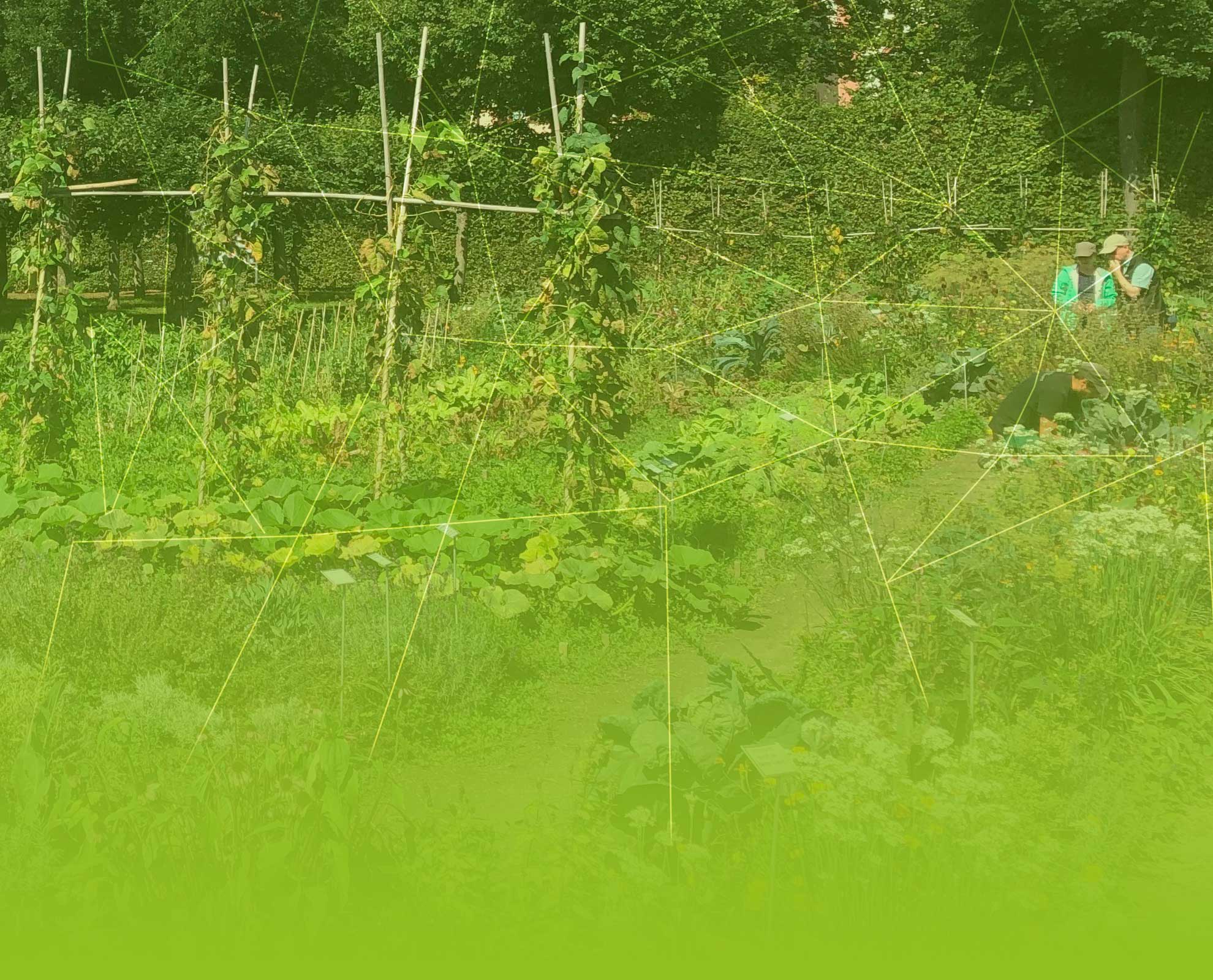Wir bitten um Ihre Mithilfe!
Um diese Website bestmöglich an Ihrem Bedarf auszurichten, nutzen wir Cookies und den Webanalysedienst Matomo, der uns zeigt, welche Seiten besonders oft besucht werden. Ihr Besuch wird von der Webanalyse derzeit nicht erfasst. Sie können uns aber helfen, indem Sie hier entscheiden, dass Ihr Besuch auf unseren Seiten anonymisiert mitgezählt werden darf.
Die Webanalyse verbessert unsere Möglichkeiten, unseren Internetauftritt im Sinne unserer Nutzerinnen und Nutzer weiter zu optimieren und auf den Bedarf der deutschen Forschungslandschaft hin anzupassen. Es werden keine Daten an Dritte weitergegeben. Weitere Informationen hierzu finden Sie in unserer Datenschutzerklärung.

